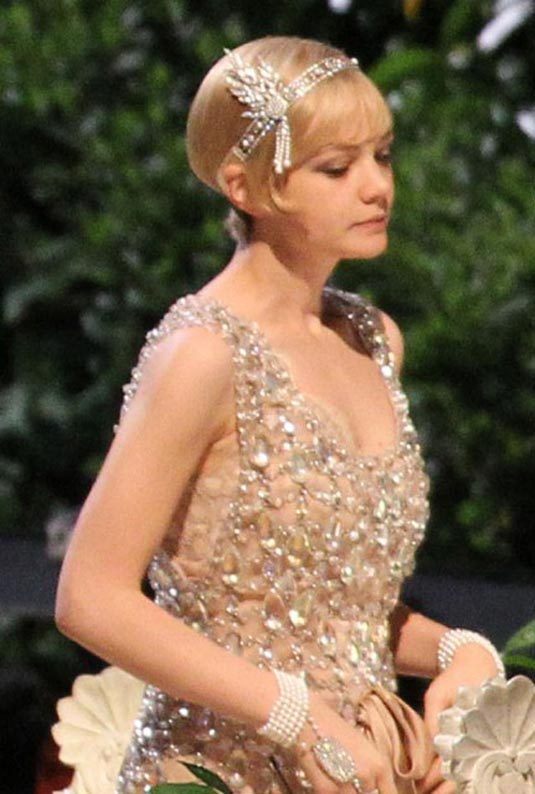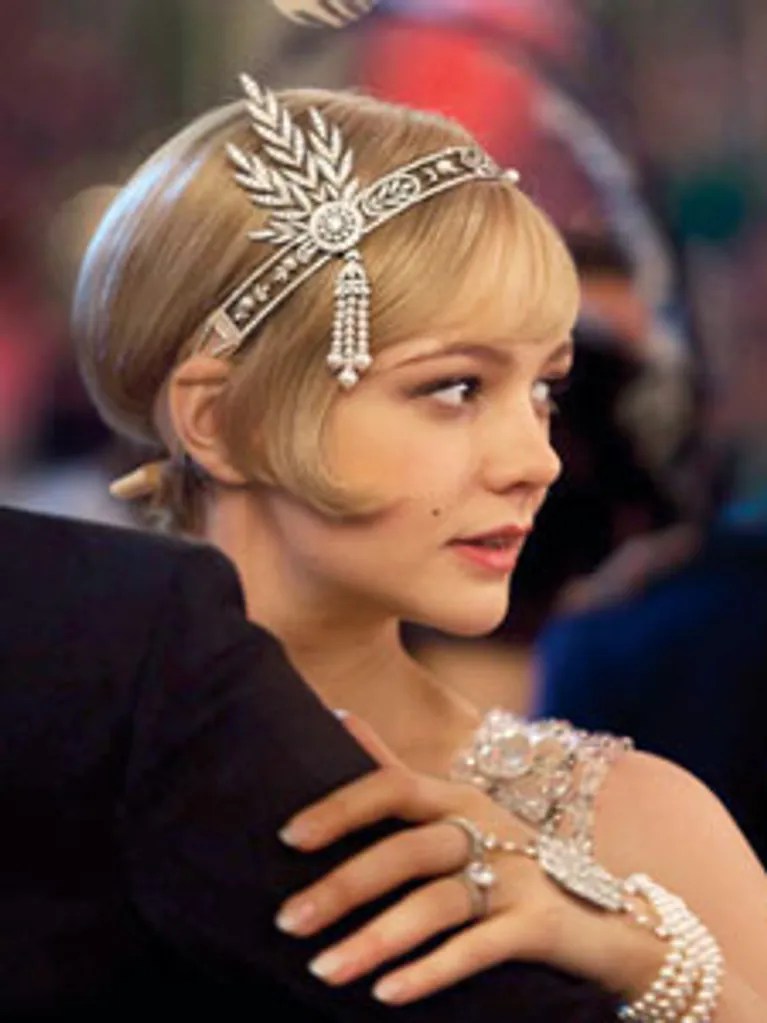Carey Mulligan's portrayal of Daisy Buchanan in The Great Gatsby is not just a performance; it is a nuanced interpretation that brings depth to F. Scott Fitzgerald's iconic character. The film, directed by Baz Luhrmann, was released in 2013 and quickly became a centerpiece for discussions about literature in cinema. Mulligan's performance captivated audiences, showcasing her exceptional range as an actress. In this article, we will explore Mulligan's role in The Great Gatsby, her background, and the cultural impact of her character.
From her early career to her rise as a prominent figure in Hollywood, Carey Mulligan has established herself as a talented actress capable of taking on diverse roles. The Great Gatsby is a significant highlight in her filmography, as it challenges traditional portrayals of women in literature and film. This article will delve into the intricacies of her role, how it aligns with the themes of the novel, and what it means for the representation of women in contemporary cinema.
As we embark on this exploration, we will also consider the broader implications of Mulligan's performance on the film industry and society's understanding of gender roles. Through thorough analysis and insights, we aim to provide a comprehensive look at Carey Mulligan's contribution to The Great Gatsby and the lasting effects of her portrayal of Daisy Buchanan.
Table of Contents
Biography of Carey Mulligan
| Full Name | Carey Hannah Mulligan |
|---|---|
| Date of Birth | May 28, 1985 |
| Place of Birth | London, England |
| Education | National Youth Theatre |
| Notable Works | Drive, An Education, The Great Gatsby, Promising Young Woman |
| Awards | BAFTA Award, Academy Award nominations |
Early Career
Carey Mulligan began her career in the entertainment industry with her work on stage, particularly with the National Youth Theatre. She made her television debut in 2004 but gained significant recognition in 2009 with her role in An Education, which earned her an Academy Award nomination. This breakthrough set the stage for her subsequent roles, including her performance in The Great Gatsby.
The Role of Daisy Buchanan
In The Great Gatsby, Carey Mulligan's portrayal of Daisy Buchanan is pivotal to the narrative. Daisy is depicted as a beautiful, yet deeply flawed character, representing the complexities of love, wealth, and societal expectations in the 1920s. Mulligan's ability to convey both Daisy's charm and her inherent sadness adds layers to the character, making her more relatable and tragic.
Understanding Daisy's Character
Daisy Buchanan is often seen as a symbol of the American Dream, embodying both allure and the emptiness that can accompany wealth. Mulligan's performance captures this duality, showcasing how Daisy is torn between her desires and the constraints imposed by her social class.
Impact of Mulligan's Performance
- Mulligan’s portrayal highlights the internal struggles of women in a patriarchal society.
- The performance encourages a reevaluation of Daisy's character, often dismissed as shallow.
- Her interpretation resonates with contemporary discussions about gender roles and expectations.
Cultural Impact of The Great Gatsby
The Great Gatsby has remained a relevant piece of literature and film, with Mulligan's portrayal of Daisy contributing to its ongoing discussion. The film's depiction of the Jazz Age, combined with modern cinematic techniques, revitalizes the story for new audiences.
Themes Explored in The Great Gatsby
Several themes are central to both Fitzgerald's novel and Luhrmann's film adaptation. These include:
- The American Dream: The pursuit of wealth and the illusion of happiness.
- Love and Relationships: The complexities of love, infidelity, and emotional connections.
- Social Class: The divide between old money and new money, and its impact on personal relationships.
Critical Reception of Mulligan's Performance
Carey Mulligan's performance in The Great Gatsby received widespread acclaim from critics and audiences alike. Many praised her ability to bring depth to a character that could easily have been one-dimensional. The film itself garnered mixed reviews, but Mulligan's role stood out as one of its highlights.
According to a review from Rotten Tomatoes, Mulligan's performance was described as "captivating," emphasizing her ability to evoke sympathy for Daisy's plight.
Conclusion
In conclusion, Carey Mulligan's role as Daisy Buchanan in The Great Gatsby is a significant contribution to contemporary cinema. Her performance not only brings the character to life but also challenges traditional representations of women in literature and film. By exploring the complexities of Daisy, Mulligan invites audiences to reflect on broader societal issues, making her portrayal both timely and impactful.
We encourage readers to share their thoughts on Carey Mulligan's performance and its significance in the comments below. If you enjoyed this article, please consider sharing it with others or exploring more content on our site.
Thank you for reading, and we hope to see you back here for more insightful articles!
Article Recommendations



ncG1vNJzZmilqZu8rbXAZ5qopV%2BcrrOwxKdoaWeTlr%2BmxYymrKWkmZyur3nGq5yarF2crrW%2FwbJloaydoQ%3D%3D